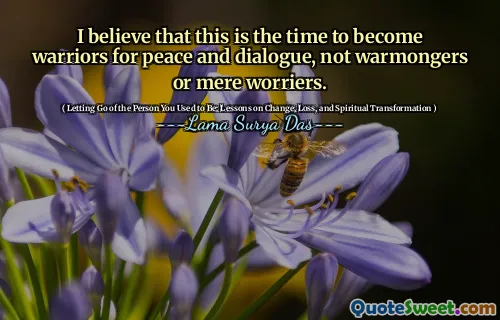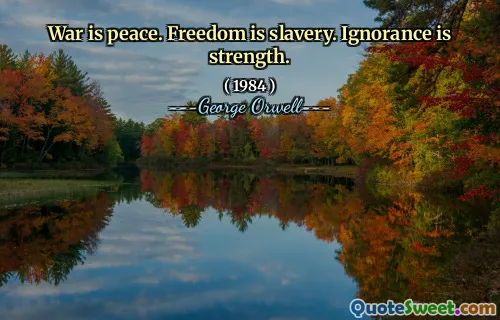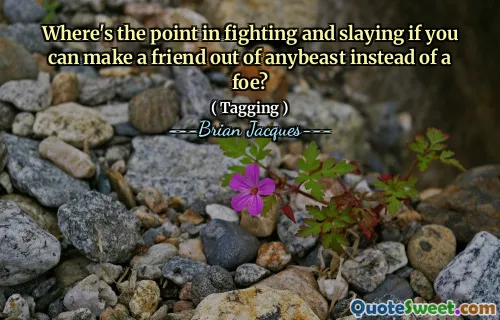
Peace is a process - a way of solving problems.
The quote underscores the notion that peace isn't an immediate state or a sudden achievement, but rather a continuous journey that requires effort, patience, and active engagement. It emphasizes that resolving conflicts and establishing peace involves a deliberate process of dialogue, understanding, and problem-solving. This perspective encourages us to see peace as an ongoing commitment rather than a one-time occurrence. It suggests that conflicts are inherent in human interactions and that peace is achieved through persistent negotiation, empathy, and adaptability. Recognizing peace as a process inspires individuals and societies to invest in building mutual understanding and addressing root causes of conflicts instead of seeking quick fixes or superficial solutions. It reminds us that setbacks may happen along the way, but perseverance and a problem-solving attitude are key to maintaining harmony and stability in personal relationships, communities, and nations alike. Embracing this process-oriented view of peace fosters patience and resilience, urging us to focus on long-term peacebuilding efforts. Ultimately, it encourages a mindset that sees conflicts as opportunities for growth and learning rather than dead-ends, reinforcing that the path toward peace is paved with continual effort and the willingness to work through difficulties.








